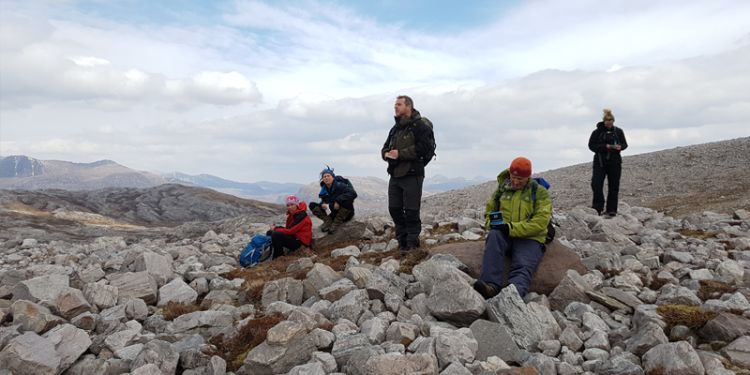Subject pathways within the Natural Sciences degree (2024/25)
Environmental Science

In year 1, you’ll cover key aspects of the earth system, to provide a broad base of understanding of how the planet works. You'll study the role of water in the earth system, in the atmosphere, oceans, ice and land surface. This will give you an appreciation of the different earth system processes driven by water. You'll also study the role of the atmosphere, from its birth to the present day and beyond, learning the fundamental physics, chemistry and processes in the atmosphere. You'll use this to explore a range of complex issues, such as air pollution. You'll also study ecology, understanding the key scientific principles of how organisms interact with each other and their environment, and you'll use this to learn how humans are affecting our planet and ways of mitigating harm.
If you continue to study environmental science in year 2, you'll build on this fundamental knowledge of the earth system to develop your scientific skills and deepen your knowledge. You'll explore the techniques and theory behind experimental planning, sampling, measuring, analysing and interpreting data. The aim is to give coherent training all the way from experimental design to the presentation of findings. You’ll learn how to design and implement scientific experiments, analyse the data you’ve collected, draw inferences and write a report on your experiment. You’ll have an opportunity to gain practical, hands-on experience in how environmental data is produced, analysed, interpreted and reported. You'll have the option of taking this skills development further, including going on a residential field course and undertaking extended hands-on data collection and analysis.
You'll also develop a deeper knowledge of one or more parts of the earth system, building on your first-year study, through a choice of modules. You could explore the atmosphere to understand how the climate is changing, the origins and solutions of air pollution and how to understand and predict weather systems through the study of meteorology. You could also choose to learn the fundamental biology, chemistry and physics of the oceans and how to use this to gain insight into key global challenges for the future. You could engage in more detail with the science of processes of biodiversity, particularly its loss and how this could be mitigated.

